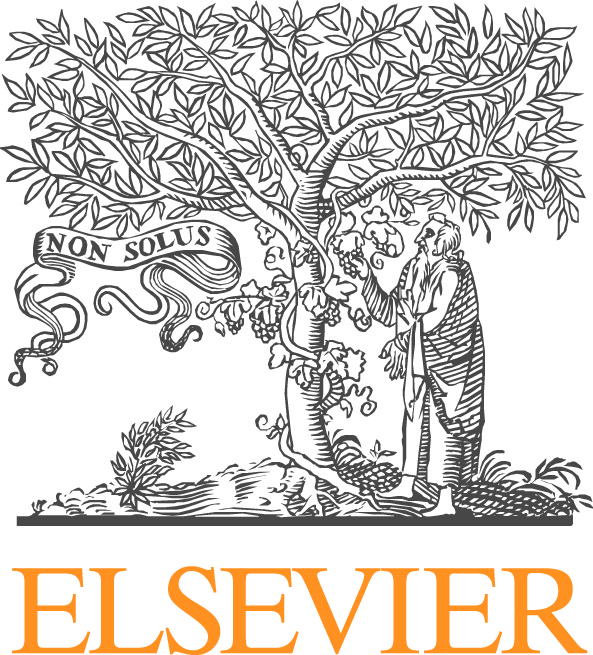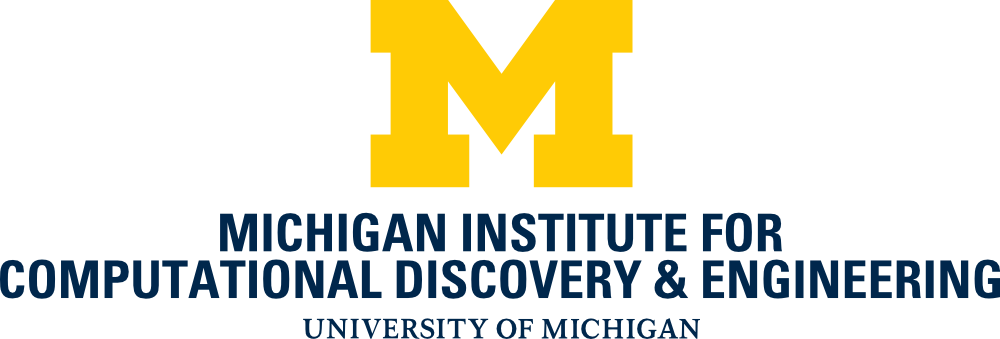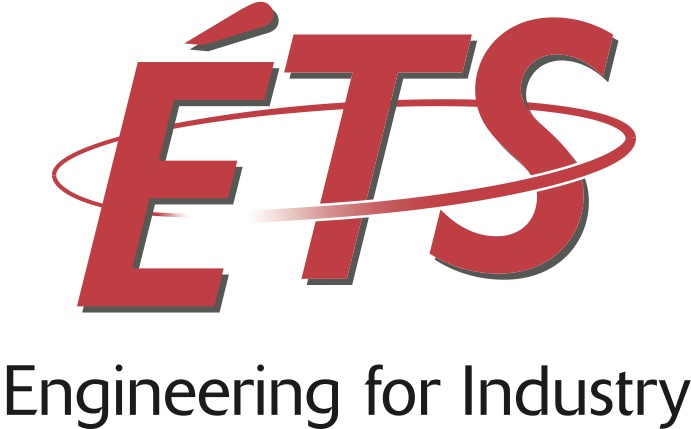Isogeometric Methods for Complex Geometries and Multi-Physics Systems
John Evans, University of Colorado Boulder
Hector Gomez, University of A Coruna, Spain
Jessica Zhang, Carnegie Mellon University
Isogeometric analysis has recently emerged as a powerful generalization of finite element analysis which provides a direct link between geometric design and analysis. The isogeometric paradigm is simple: utilize the geometric representation directly as the basis for finite element analysis. Consequently, the finite element mesh is an exact representation of the geometry. The implications of the isogeometric paradigm shift are profound such as increased numerical accuracy and robustness and the simplicity of transitioning and iterating between the disparate fields of geometric design and analysis. Moreover, the more complex the application, the more profound the potential savings in turnaround time in the engineering design cycle.
The purpose of this mini-symposium is to bring together experts in computational geometry and analysis to discuss isogeometric analysis with application to complex geometries and/or multi-physics engineering systems, the strengths of isogeometric modeling in such contexts, and the modeling challenges that arise. Two particular focuses of the mini-symposium are the development of analysis-suitable geometries (and corresponding analysis procedures) for complex engineering systems and the coupling of isogeometric methods with classical numerical approaches (e.g., finite elements and finite volumes) for multi-physics applications such as fluid-structure interaction.







